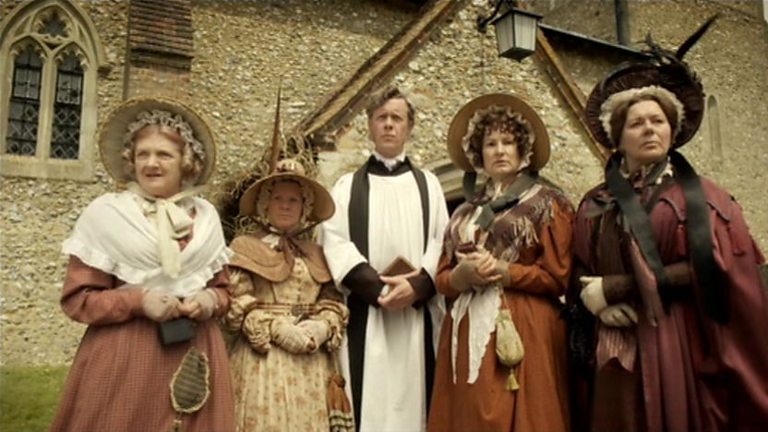

The positive movement of the novel comes not from female separatism, but from women and men who work and care for children. Are there ways, however, in which the ladies of Cranford are like Amazons? As warriors? As sexually mutilated? As hostile to men? As a community of women? And, if these parallels can be sustained, does the novel present them as desirable? This chapter argues that both the hostility and the community of Cranford are effects of the orthodox doctrine of separate spheres, and thus not triumphs over patriarchy, but results of marginalisation. The ground for this divergence lies in the novel's opening sentence: ‘In the first place, Cranford is in possession of the Amazons’. Whereas Lord David Cecil, for instance, saw Miss Matty as a ‘wistful figure’ of ‘fragile, flower-like grace’, Nina Auerbach sees her as a biblical avenger with a ‘savage mission’. The women's movement, however, has produced some startling re-readings.

Cranford, always the most popular of Elizabeth Gaskell's novels, has until recently seemed unproblematically charming.


 0 kommentar(er)
0 kommentar(er)
